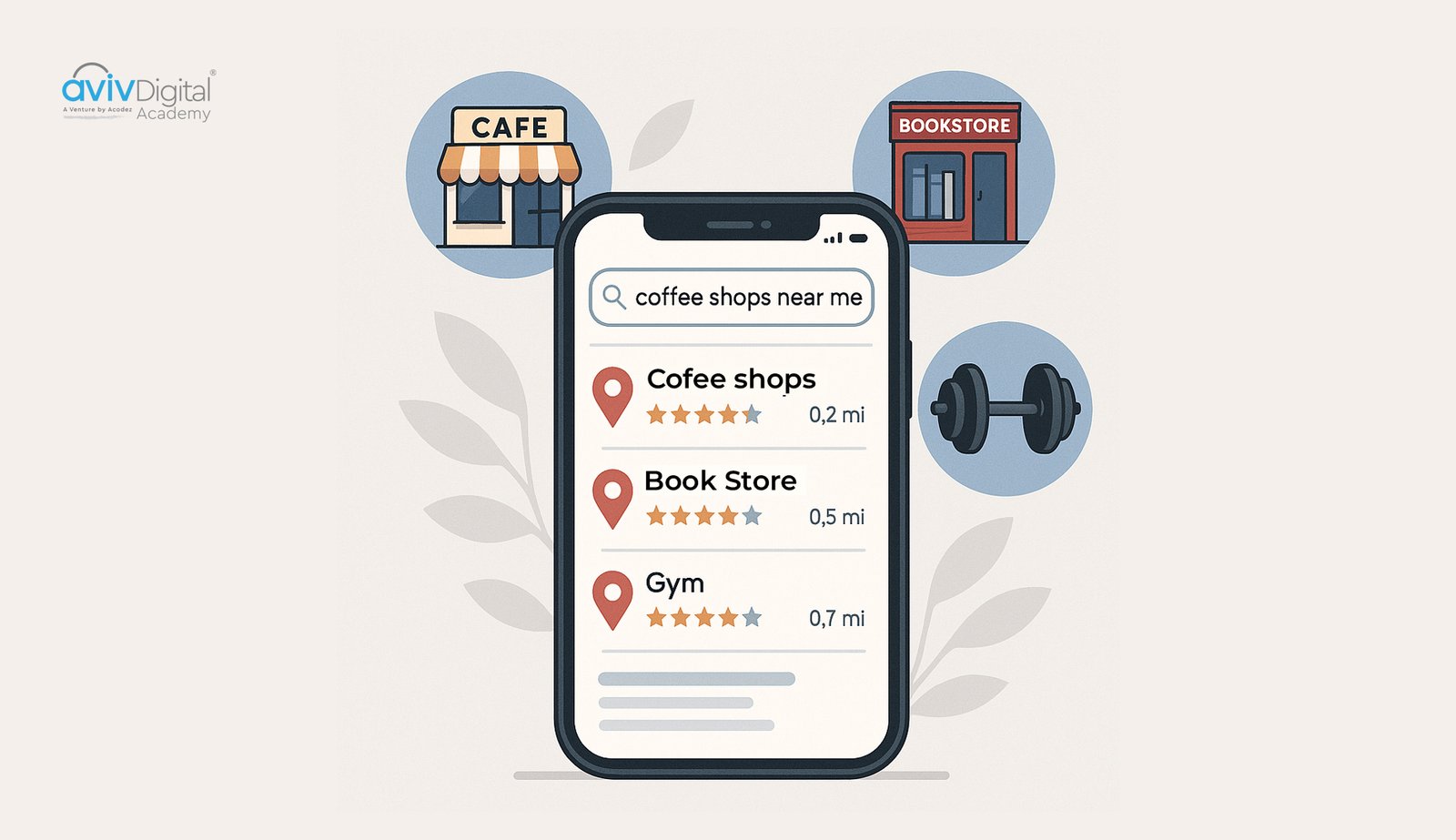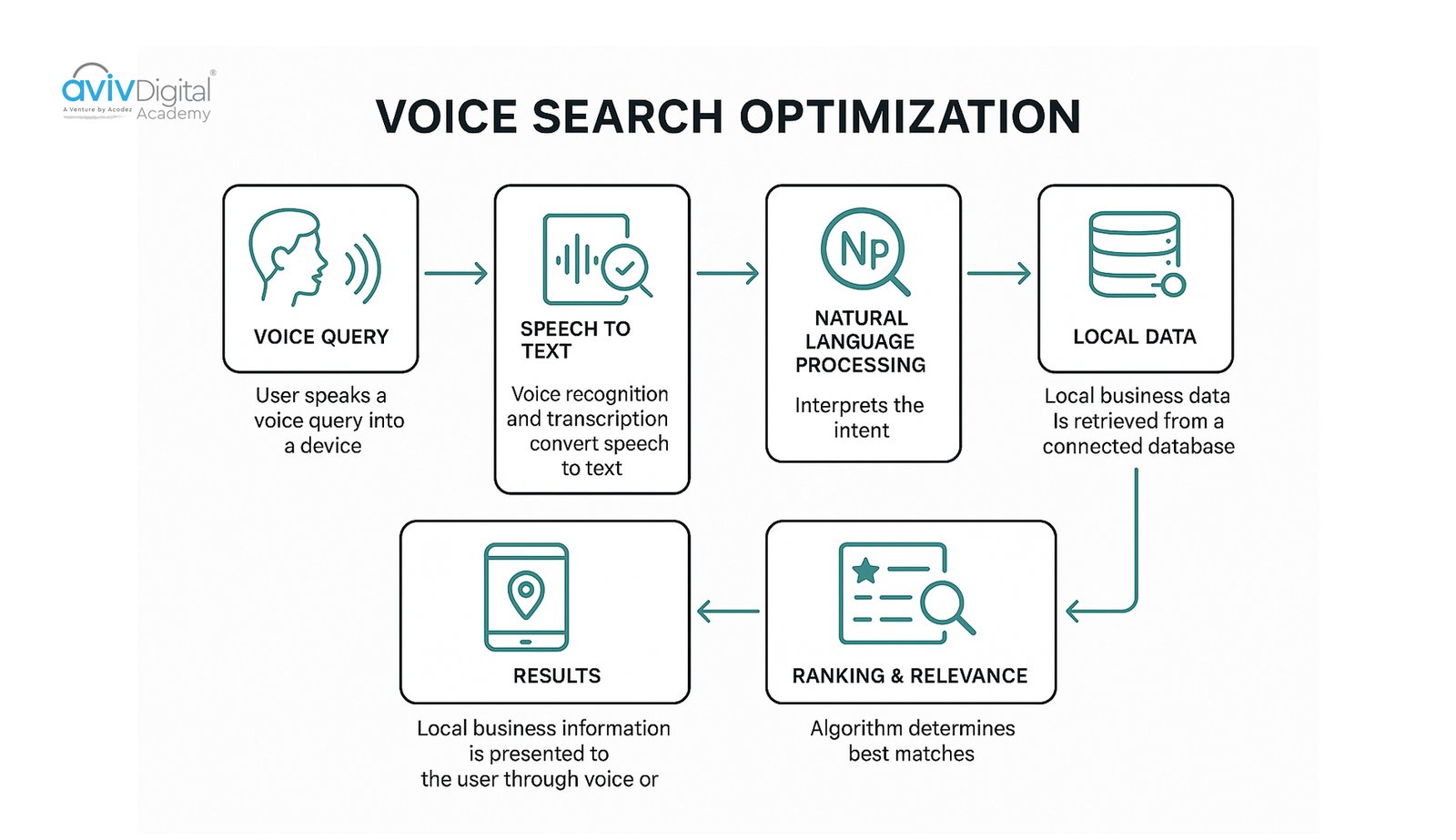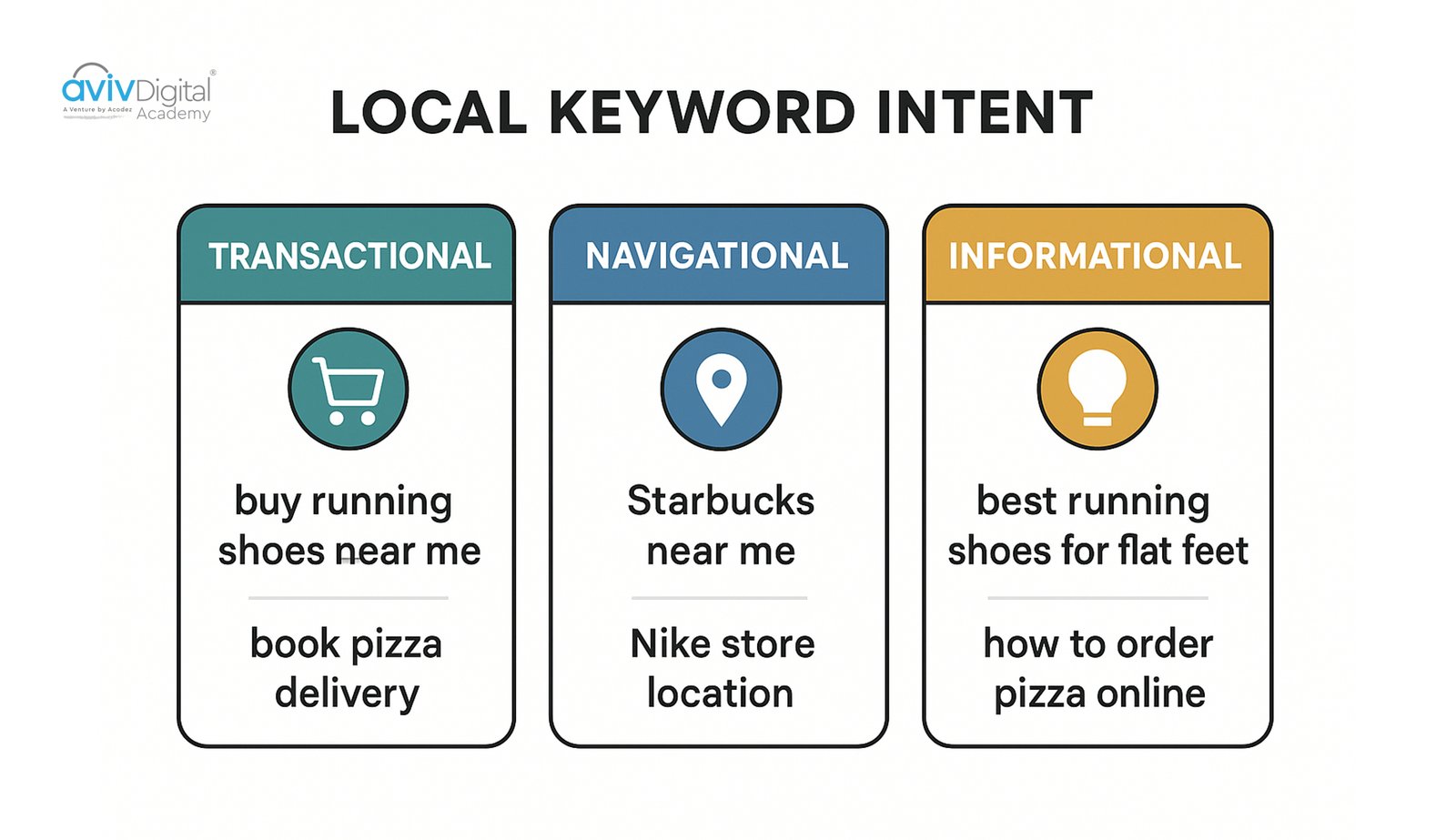
Keywords have become a strong pillar in the Digital realm when it comes to identity, visibility, and connecting with people. It serves as a pillar online with its power and intent. This has transcended to marketing as well, as it exploits the power of each keyword to rank and reach more people. Keywords have more meaning than they tend to be, and using them properly or knowing the right keywords is essential. In case you aren’t, let’s explore how to do local Keyword research in 2025 with the new updates, trends, and tech growth.
What is a Keyword?
Let’s move further only after knowing what a keyword is, if you don’t. A keyword has numerous definitions based on the context, like an unlock word for a security system or a significant input while coding. But the most common definition of what a keyword is is that it is a word or sentence that represents the idea or information in a bit. It is mainly used by Digital marketers to denote key searches or queries made by a user to perform a search in a search engine. Keyword optimisation is a substantial part of Search Engine optimisation. There are a few types of keywords with certain functions as well.
Define Local Keyword or Local SEO Keyword
Local SEO or Local Keyword SEO tends to be more competitive and more voice/search driven as it grants huge visibility locally or in a set area. To rank anyone’s brand or business on popular search engines like Google Chrome and other platforms like Google Maps, which also includes voice assistants like Google Assistant or others like Siri, local SEO or Local SEO Keyword is essential.
Why is Keyword Research Necessary?
As you might know, what a keyword is lets us understand what and why keyword research is important. Keyword research is a process of finding and analysing the terms people use and search for in their search queries. Keyword research helps marketers plan, organise, and optimise content to increase quality, visibility and rank better. As much as keywords, Keyword research is also an important factor in SEO. Beacuse 46% of all Google searches have local intent, making local keyword research crucial for visibility. Local and organic searches together make up 69% of overall digital traffic. So, proper keyword research is important for your local business.
Guide on How to Do Local SEO Keyword Research in 2026
Not always do old or traditional methods work out. As a professional Digital marketer or SEO specialist, stay vigilant for new trends, techniques, and tools. An SEO specialist who is also open to learning and staying updated is the one guaranteed a fulfilling career. This makes Local Keyword research in 2025 a significant step in SEO. These are the steps to follow to do local keyword research in 2025.
1. Understand Local Intent

Before starting your Keyword research, presume what the locals are searching for, like things or queries relevant to the specific area or location. These include queries or what might be demanded.
- Searches like “Near me” for Queries like “Cafes near me” have huge search volume.“Near me” searches have grown 500% over the past 5 years.
- Searches like Geo-specific keywords or queries also possess the same hike in search volume. Example: Cafes In Calicut
- Another Local Keyword research practice in 2025 includes using a demanded service with the Geo location, such as: Mobile repair, sales and Service in Calicut.
- Mobile searches including “can I buy near me” have increased by more than 500% in the last two years. 57% of local search queries are submitted using mobile devices.
Statistics in 2025 suggest that over 60% of searches are location-specific in India, taking mobile searches into account.
2. Brainstorming Seed Keywords
Like seeds, there are seed Keywords which can be grown or developed into relevant keywords. It can also match the intent with similar keywords and help the content to rank. A brainstorming session with the given keyword could be a great help on how to do Local Keyword research for local SEO in 2025. You can use variations like near me or Zip codes, landmarks, etc.
3. Utilise Keyword Tools
Making the best use of Keyword tools is a great advantage in doing local Keyword research in 2025. The growth of tech and ideas has given birth to numerous tools. You can explore and find them, but. Don’t forget to use the popular and reliable go-to tools, such as Tools from Google and the new AI and SEO platforms. They are:
- Google Tools
- Autocomplete: Type a keyword with the location and get suggestions and insights.
- Keyword Planner: Filter the city, region to see the volume of each keyword.
- Trends: Find and compare the popularity of keywords over time.
- Google Maps business insights: Find out the likely keywords users use to find your business.
- AI and SEO Platforms
- Surfer SEO
- SEMRush Local SEO Toolkit
- Uberusuggest 2025 version that consists Geo filter
- Ahrefs Keyword Explorer, which comes with the Local pack markers
- Alsoasked.com & Answerthepublic to get question-based queries.
4. Analyse Competitors
This is an underrated Guide on Local keyword research. Not always your business, brand or content rank higher, therefore keeping an eye on your competitors could offer you some insight and help.
- Search your target keywords with local filters, and use incognito mode for a better result
- Ranking of businesses or brands based on Local seo or rankings, especially the top 10
- Analyse the competitors’ metadata, content, and Google reviews to discover their keywords
5. Use long-tail Keywords That are also Voice-Friendly

With today’s growth in tech, that suggests huge potential in the future, starting to use Voice-friendly keywords puts you, your brand or business ahead of the curve. Long-tail keywords are keywords of a question or sentence which is not a single word but possess the same intent and effectiveness. The idea is to make it feel like a conversation. By 2026, over 55% of online searches in Kerala will be voice-based. Voice search queries are typically longer keywords, averaging 29 words.
- Keywords or queries like “Where can I buy fresh vegetables in Calicut “are great with their effectiveness and search volume while also maintaining a conversational flow with voice searches via phones or devices like Alexa.
- Use tools like People also ask, Google voice search emulator. Siri/ Assistant Search queries.
6. Prioritise Based on Search Volume
Not all keywords are meant to be used equally. The count, the use in the core part of the content, and its alternatives like long-tail or short-tail keywords must be used or prioritised based on Search volume, ranking and other Key performance indicators and SEO factors.
- Pair High relevance with medium search volume
- Use low competition but effective keywords to spend less and rank higher faster.
- Utilising key Geo modifiers like Landmark, Blogs, GMB and much more.
According to Recent Statistical Data, 76% of people who search for something nearby visit a business within a day, 28% of local searches result in a purchase, and 88% of mobile searches for local businesses result in a visit or call within 24 hours
7. Arrange by Keyword Intent

Each keyword has an intent. Use that specific intent to utilise the keywords to their best use:
- Transactional intended keywords can be used in a way like “Buy smartphones in Calicut”
- Or you can use navigational keywords like “Directions to SM Street”
- Informational Keywords are also a thing and could be used like “Best places for Digital marketing course in Calicut” and much more.
Here are some bonus tips for Local keyword research in 2025:
- Implement local keywords in image Alt text, reviews and schema markup
- The structured data on your site should ideally be used by LocalBusiness
- Grab some local backlinks from local blogs, news outlets or chambers.
- Make use of hyperlocal directories such as JustDial or Kerala-related business sites.
Measuring and Tracking Local Keyword Performance
Success in local SEO keyword research isn’t just about finding the right keywords, it’s about continuously monitoring and optimizing their performance. Establishing proper tracking mechanisms helps you understand which keywords drive actual business results.
Essential Metrics to Track:
- Local search ranking positions for target keywords
- Click-through rates from local search results
- Conversion rates from local organic traffic
- Phone calls and direction requests generated
In conclusion, these are the best guides to do Local keyword research in 2025 with the latest trends, techniques and tools that will enhance you as a skilled professional while keeping you updated on these as well. Make sure to do some personal research and follow your intuition on what you think is the best. Not all strategy that works for you might be useful to others; therefore, be unique in your process.
Aviv Digital Academy is one of the leading Digital Marketing Course in Calicut. We offer a wide variety of globally recognized certification programs that include SEO, SEM, SMM, Email Marketing and Inbound Marketing courses. For more details, Contact us at: +91 8156998844
FAQ
1. Can I do local keyword research without paid tools?
Yes, you can effectively research local keywords using free tools like Google Keyword Planner, Google Autocomplete suggestions, Google My Business insights, and analyzing competitor websites manually. However, paid tools provide more comprehensive data and save time.
2. Should I use the same keywords for my website and Google Business Profile?
While maintaining consistency is important, your Google Business Profile should focus on more specific, location-based keywords, while your website can target broader service-related terms. Use variations to avoid over-optimization penalties.
3. How long does it take to see results from local keyword optimization?
Local SEO results typically appear within 3-6 months, with Google Business Profile optimizations showing faster results (4-8 weeks) compared to organic website rankings. Consistency in optimization efforts and local citation building significantly impacts timeline.
4. How many local keywords should I target for a small business?
Start with 10-15 primary local keywords across different service areas and locations. Focus on a mix of high-volume commercial terms and long-tail conversational phrases that match voice search patterns.
5. What’s the difference between local keywords and regular SEO keywords?
Local keywords include geographic modifiers (city names, neighborhoods, “near me” phrases) and have commercial intent tied to a specific location. Regular SEO keywords focus on broader topics without geographic specificity and may target national or global audiences.







